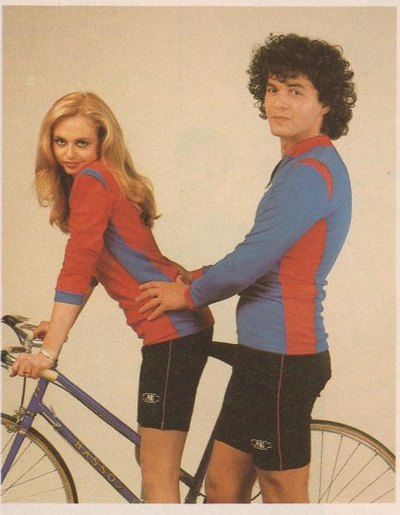On Tuesday I posted about how and why pursuing career puts women on the back foot when it comes to love and partnering. Ergo stacks of “successful” women are single.
I made all kind of generalisations about male-female behaviour – which I don’t back away from. Many of you made a lot of great comments. The topic will always fire up debate. It’s juicy and real and we don’t really have answers. So we speculate and dig around.
Darren Saunders on Twitter alerted me to this Slate article – The Eligible Bachelor Paradox – which adds another crusty layer to the debate. It answers a few of the point some of you raised. It uses game theory to explain why there are more hot single smart women in their 30s than hot single smart men. As the writer says….
The problem of the eligible bachelor is one of the great riddles of social life. Shouldn’t there be about as many highly eligible and appealing men as there are attractive, eligible women?
He concludes, no. Here’s why:
He explains it in terms of auction bargaining power – “Consider the classic version of the marriage proposal: A woman makes it known that she is open to a proposal, the man proposes, and the woman chooses to say yes or no. The structure of the proposal is not, “I choose you.” It is, “Will you choose me?” A woman chooses to receive the question and chooses again once the question is asked…
You can think of this traditional concept of the search for marriage partners as a kind of an auction. In this auction, some women will be more confident of their prospects, others less so. In game-theory terms, you would call the first group “strong bidders” and the second “weak bidders.” Your first thought might be that the “strong bidders”—women who (whether because of looks, social ability, or any other reason) are conventionally deemed more of a catch—would consistently win this kind of auction.
